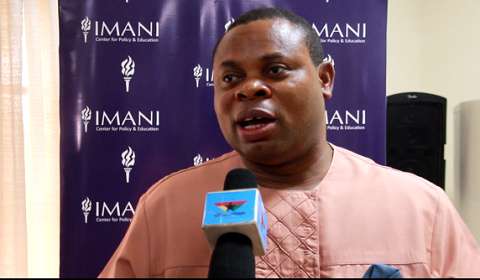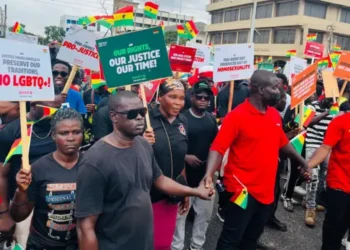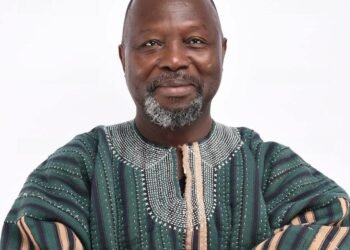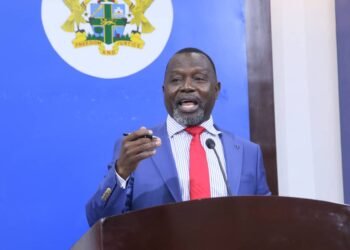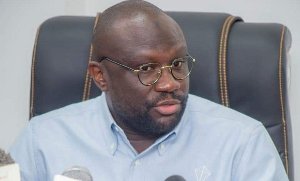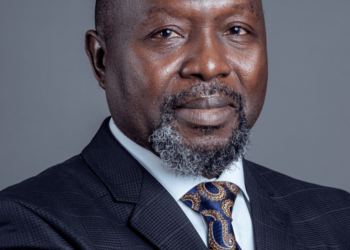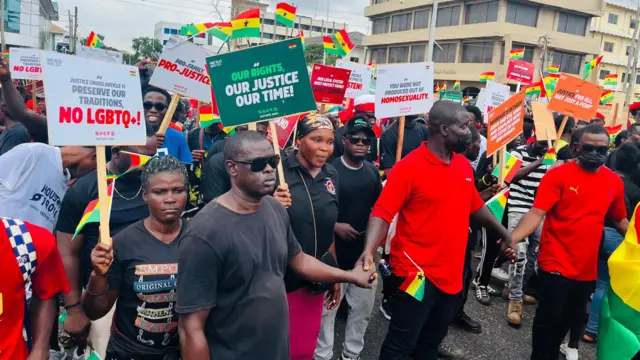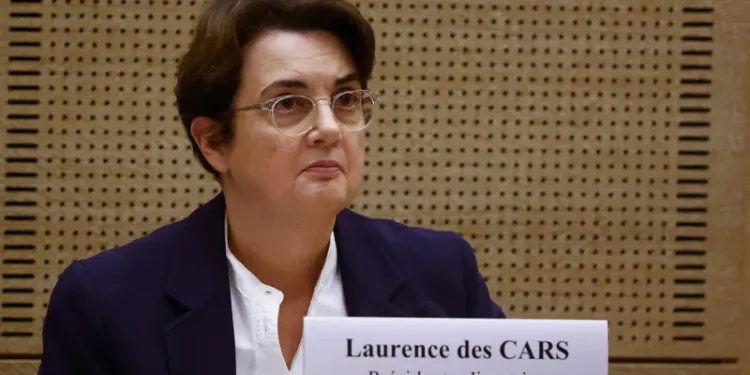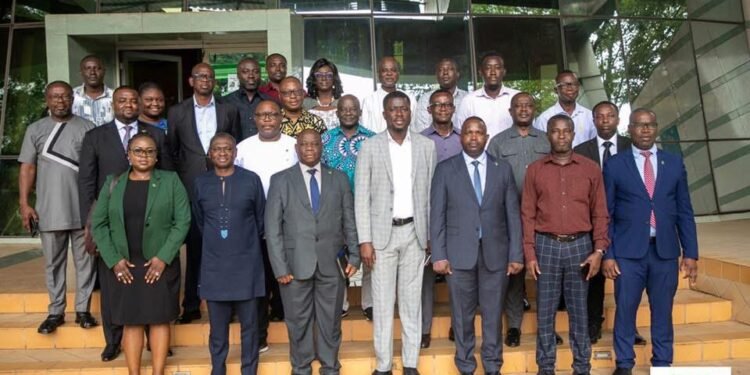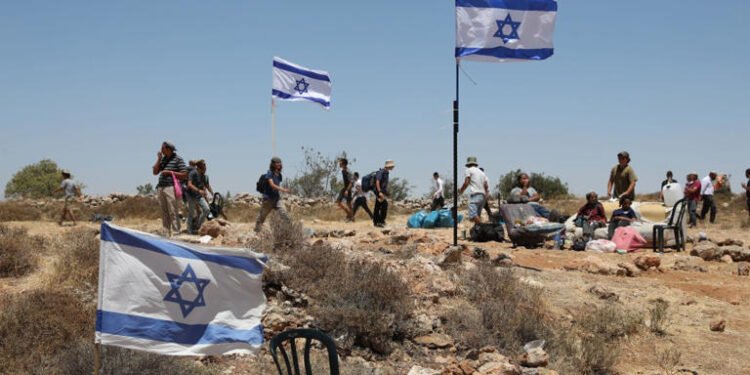Franklin Cudjoe, the Chief Executive Officer of IMANI Africa, has stated that the Akuffo Addo led government has not shown any seriousness in dealing with the current economic crisis facing Ghanaians.
According to the CEO, feedbacks from meetings on the government’s planned debt exchange programme does not suggest in any way that the government is committed to tackling the economic crisis head-on.
“I mean the reports that I’ve been hearing from the meetings that are going on doesn’t seem to suggest to me that the government seems to be quite serious at all, in dealing with the urgent issues because we’re going to be in this quagmire for the next eight years if not 10, and I don’t see any ray of hope on the horizon given the way we’re behaving already.”
Franklin Cudjoe
Speaking in an interview, Mr. Franklin Cudjoe lamented over the government’s lack of sincerity in how it is dealing with the entire debt exchange programme. Mr Cudjoe, however, reiterated calls for the government to implement strict measures on itself by drastically cutting expenditure and reducing the size of government.
According to Franklin Cudjoe, the failure of government to even symbolically internalize these measures is partly responsible for the pushback against the government’s debt operation policy.
“I mean, there was a bit of insincerity in the way the whole communication between the committee that was set up to look into this debt exchange and the way announcements were made almost immediately because some aspects of the deal had been leaked to the public. So it does not evoke some sense of seriousness.
“Unfortunately, I’m not too sure that keeping things the way they are or should be will take us out of the doldrums. Something ought to give and it started with this so-called debt exchange programme. All we’re asking for is that you need to show some sincerity in asking everybody else to tighten their belts while you turn to loosen yours.”
Franklin Cudjoe
Ghana’s Economic Crisis
Ghana is grappling with runaway inflation as prices of basic commodities have spiralled. Government finances are also at their weakest in years. Ghana’s local currency, the cedi, for some months now has been referred to as the world’s worst performer against the US dollar, which is a signal of the depth of the country’s economic crisis.
Ghana has Coacoa, gold, oil and gas reserves, but its debt service payments are high and like the rest of the continent it has been hit hard by fallout from the global pandemic and the Ukraine war.
This year, the country began talks with the International Monetary Fund (IMF) for a bailout programme that would restore economic stability. The idea is that it would enable the country to meet its payments to the rest of the world and restore the health of government finances. Ghana is hoping to receive as much as US$3 billion. This is the second time in the past three years and 17th since independence in 1957, that Ghana has turned to the IMF for help.
Finance Minister, Hon Kenneth Ofori Atta in his appearance during a censure hearing last month said that he was “truly sorry” for the country’s economic hardship but defended himself against accusations that he is unfit for the job. Hon Kenneth Ofori-Atta faced an inquiry from lawmakers for his financial management, as the government came under increasing pressure and President Nana Akufo-Addo faced growing criticism for what has become Ghana’s worst economic crisis in a generation.
READ ALSO: Ensure The Commission Goes Fully Digital – Akuffo Tells Land Commission



